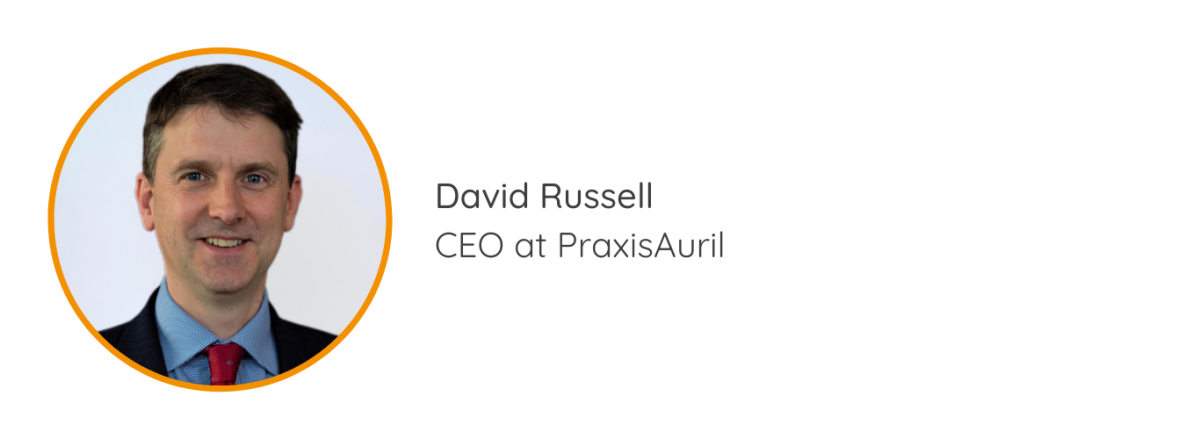Explore the pivotal role of knowledge exchange and its potential life-saving impact in a compelling blog article by David Russell, offering a thought-provoking response to Professor Carl Heneghan's recent commentary in The Spectator on the ongoing Covid Inquiry.
Professor Carl Heneghan has written today in The Spectator about the current Covid Inquiry.
Heneghan is seen as a controversial figure in some quarters – and his article certainly strays across the lines between science and politics – but this does not detract, in my view, from the importance of the issues he raises. The central shining example of the importance and impact of Knowledge Exchange that is often given is the Oxford/AstraZeneca vaccine, the story of which owes a lot to KE professionals at key points along the way. It has been recognised as a tremendous success story, and has household name recognition, and so our community reaches for it naturally and proudly as an example of what we do – and so we should.
But Prof Heneghan’s article points to the wider importance of Knowledge Exchange in the sense of bridging the gaps between research and public policy. What does research tell us about the effectiveness of lockdowns? Of mask-wearing? Of varying approaches to care-home management? The Inquiry has also taken evidence from Professor David Halpern of the Behavioural Insights Team; what does research tell us about mass social compliance in times of public health crises?
It is relatively easy to isolate and get behind the process of “hard science” whereby drugs are developed, trialled and rolled out. There are of course complex ethical considerations involved in trialling and when considering side-effects, rationing and other aspects of vaccination; but at the heart of it is the deeply technical endeavour of pharmaceutical science R&D and its translation into commercial application.
But KE is about so much more than this. It also encompasses the messy, political and very human work of getting a wide range of scientific insights taken into account in the process of public policy-making. All Governments across the world had to make unprecedented decisions during the pandemic about how best to balance all their responsibilities towards their citizens, both long-term and short-term, from the directly related to infection control to the distant knock-on effects which are myriad and still being revealed. For example, there is a very marked - and probably irreversible - deterioration in pupils’ behaviour and attendance in schools across England which is almost certainly directly attributable to the lockdown policies (not to the pandemic itself). The social contract that underpins our model of mass public education has been badly damaged, and the effects of this are only starting to be understood.
In all of these fields of knowledge and understanding we desperately need rich, frequent dialogue between the creators of knowledge and the users of that knowledge. In the KE profession we must rise up and claim this space with confidence. A narrow focus on commercialisation of drug research or creation of deep-tech spin-outs is needed at times to drive economic growth and generate public value. But the much bigger game is the creation of an effective decision-making ecosystem in our globalised world, where everyone from national Governments through corporate multinationals and to the level of the individual citizen has access to the best insight and information available from the academic world; and that means across the whole gamut of academic disciplines, from epidemiology and pharmacy through behavioural science, educational research and the type of Systems Thinking that is crucial to understanding what might be the real-world long-term effects of policies like “protect the NHS” or shutting schools for prolonged periods.
In an inter-connected world, arguably there is no single profession with more potential to do good than that of Knowledge Exchange. If we are to fill this space with confidence and credibility we need to start taking ourselves seriously as a Profession; and that means asserting strongly our collective identity, our credentials, and our readiness to take a place at the top table of institutional decision-making fora in HE, Government and beyond.
